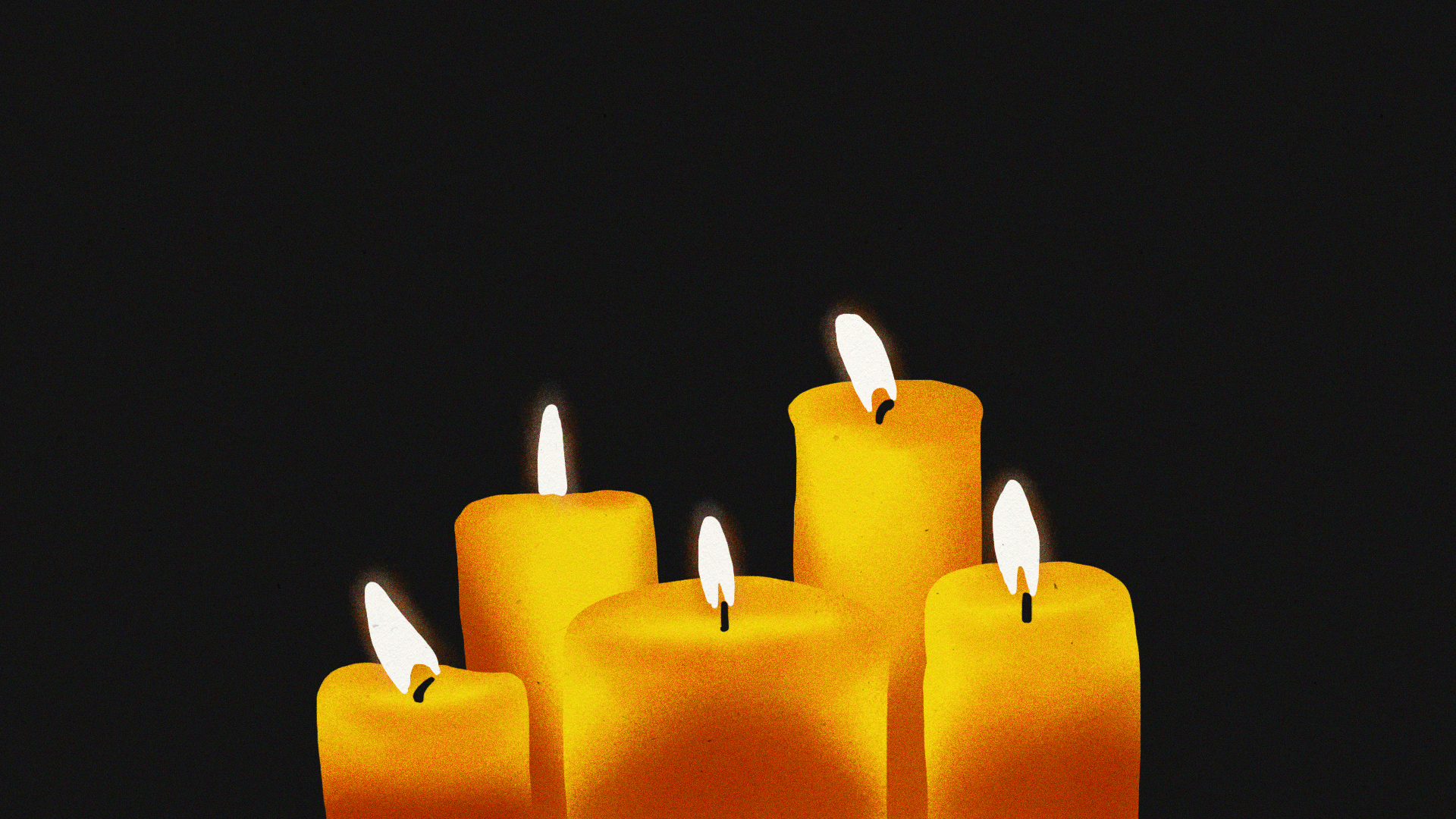The 12th vigil for missing and murdered Indigenous women took place on Valentine’s Day
This Sunday, Feb. 14, marked the 12th vigil for missing and murdered Indigenous women in Montreal. The event was held on Facebook Live, with over 100 people attending.
“It’s an annual vigil where family members and loved ones can come together and commemorate those memories [of those that have disappeared or been murdered]” said Dayna Danger, who has Métis, Saulteaux, and Polish roots, and the campaign lead for Missing Justice — a grassroots organization working to bring awareness on the discrimination against Indigenous women in Quebec.
According to Danger, the vigils began in Vancouver, which has a large population of Indigenous people living on the streets. The vigils spread across Canada and have now become two annual vigils on Feb. 14 and Oct. 4.
This vigil marks two years since the National Inquiry into Missing and Murdered Indigenous Women and Girls released their final report in June of 2019. The report made 231 recommendations to provincial and federal governments, 21 of which were for Quebec.
The Inquiry website states that “The National Inquiry’s Final Report reveals that persistent and deliberate human and Indigenous rights violations and abuses are the root cause behind Canada’s staggering rates of violence against Indigenous women, girls and 2SLGBTQQIA [Two-Spirit, lesbian, gay, bisexual, transgender, queer, questioning, intersex and asexual] people.”
Danger explained that one of the purposes of the vigil is to highlight each individual, as missing and murdered Indigenous women are commonly reduced to statistics and numbers.
Danger references Tiffany Morrison, a 24-year-old mother who went missing in June 2006 from the Kahnawake community just outside of Montreal. Her sister, Melanie Morrison, spent four years fighting to find her sister, explained Danger. In 2010 Tiffany’s remains were found, and according to a CBC article the case has yet to be solved.
“This is the reality a lot of families live with, they have no idea what happened [to their loved ones]” said Danger.
They explained that it’s common for people to see Indigenous women as disposable, that no one will miss them.
“We want those names to be remembered, we don’t want them to be forgotten, because if we do we are doomed to keep repeating,” said Danger.
They explained that support for Indigenous people didn’t really start until 2009 in Montreal. Danger stated that as an Indigenous community, it’s seen that Quebec is 15-20 years behind most provinces in terms of Indigenous support. Danger used the example that Montreal is one of the major Canadian cities that does not have an official Indigenous health centre. There is the Indigenous Health Centre of Tiohtià:ke, however there is no physical centre.
“Indigenous people are the custodians of the land,” said Danger. “Non-Indigenous people, settlers — whether you are BIPOC or not — you benefit from a society that has been built on agreements that have been failsfied. Be accomplices not allies.”
Graphic by Taylor Reddam




